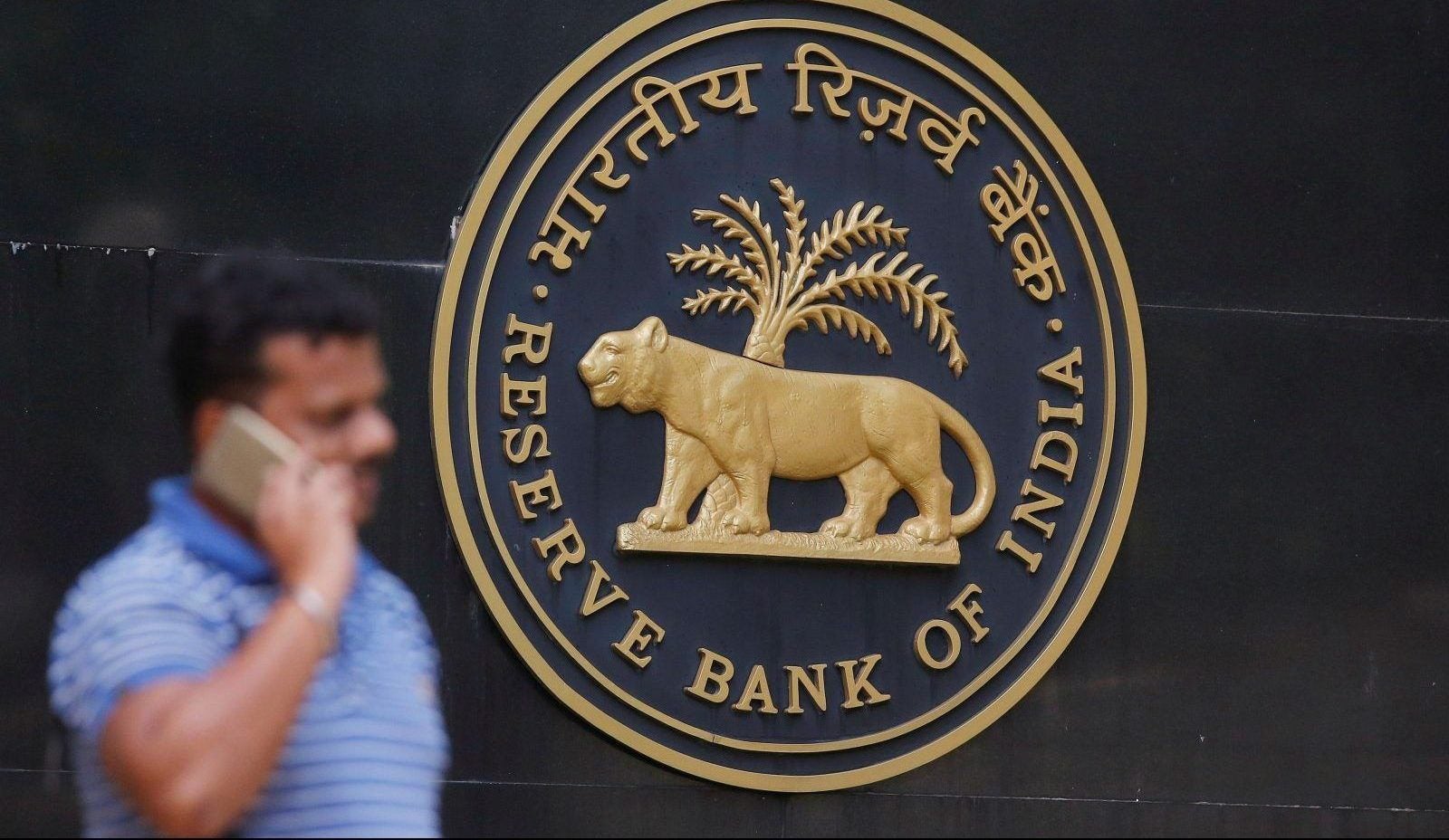Why Indian payment firms think the RBI’s plan to expand the industry is a bad idea
India’s payment firms say their booming industry is already overcrowded and the central bank’s plan to bring in more players is unnecessary.


India’s payment firms say their booming industry is already overcrowded and the central bank’s plan to bring in more players is unnecessary.
In a consultation paper published by the Reserve Bank of India (RBI) on Jan. 21, the banking regulator had said that it is willing to relax entry and other norms to invite more companies into the retail payments landscape. This will defuse the risks of monopoly, encourage competition, and foster innovation in the growing payments space, it argued.
However, payment firms are not sure if this is even required in the first place. “We already have so many payment providers in the country, why do we need more? In fact, there is a problem with excess,” an official of the Payment Council of India (PCI), an industry body that has over 80 members, told Quartz.
At the end of 2018, there were 89 authorised non-bank payment system operators spread across segments like money transfer, ATM networks, cards, wallets, etc. The popular ones include Visa and Mastercard that operate in the cards space and non-bank entities such as MobiKwik and PhonePe in the wallets segment.
“The other problem is that the entire (RBI consultation) paper is very macro in nature and only mentions broad points about what it wants to do, without getting into the specifics on how they want to achieve anything. So in our responses, we have asked the RBI to give us an indication about the specific plan,” he added. The central bank has invited comments from various players till Feb. 20.
Payment firms also believe there are more pressing needs that must be addressed first. For instance, the payments industry has been demanding a centralised know-your-customer (KYC) database that can prevent duplication of work if the norms have been checked by one regulated entity.
Then, the industry has also been urging for more parity between the bank and non-bank players. “There are very important viability concerns in certain businesses that need to be addressed first. And, therefore, the existing players need to be encouraged more, instead of increasing the number,” said Loney Antony, MD, Hitachi Payment Services, who also serves as the co-chairman of the PCI.
The “too big to fail” problem
In its consultation paper, the RBI had raised concerns over the overwhelming dominance of the National Payments Corporation of India (NPCI), the umbrella body that processes around half of all payment requests in India.
The industry, however, believes the RBI’s monopoly fears are misplaced.
“In India, about 90% of transactions happen in cash. Therefore, I don’t think concentration risks have reached yet,” said an official of a digital-wallet company, requesting anonymity. “More importantly, even if tomorrow another non-government, international, or national player comes in, will the RBI give it the space to govern and expand like the NPCI?”
The NPCI, set up in 2008, is responsible for many inter-bank money transfer systems, besides the government’s BHIM app, based on the real-time Unified Payments Interface (UPI).
“NPCI has become an organisation pivotal to operations of many of the critical retail payment systems of the country with concentration of many tasks. In October 2018, NPCI processed nearly 48% of the retail electronic payment transactions in volume aggregating to 15% of (the) value of retail electronic payment transactions,” the RBI had said in its consultation paper.
In fact, the industry feels that as the banking regulator the RBI should completely distance itself from the payments system and instead hand it over to the NPCI or any other player. At present, the real-time gross settlement (RTGS) and national electronic funds transfer (NEFT, the electronic payment systems that allow individuals to transfer funds between banks, are maintained by the RBI.
Now, it remains to be seen what the banking regulator makes of these views.